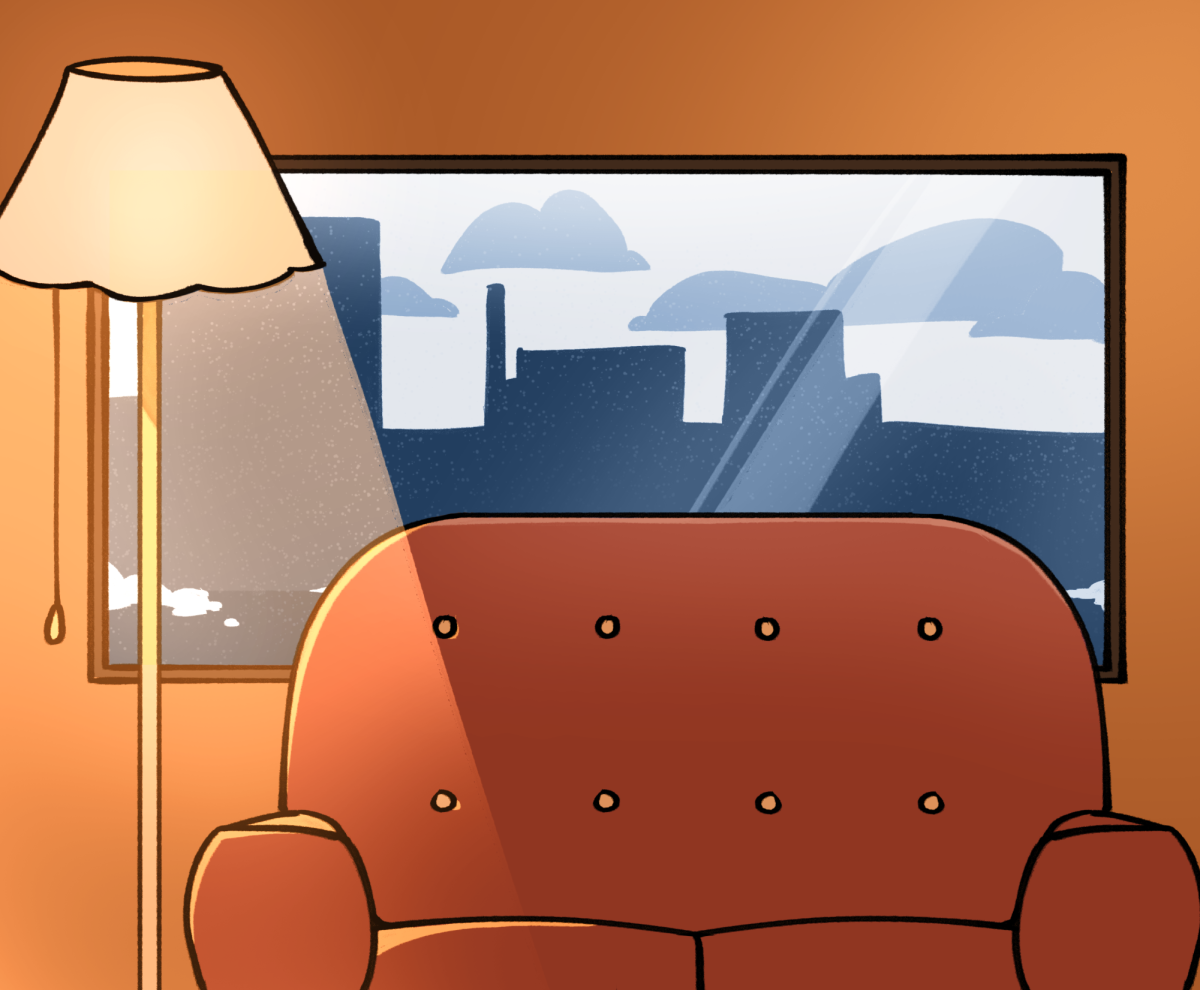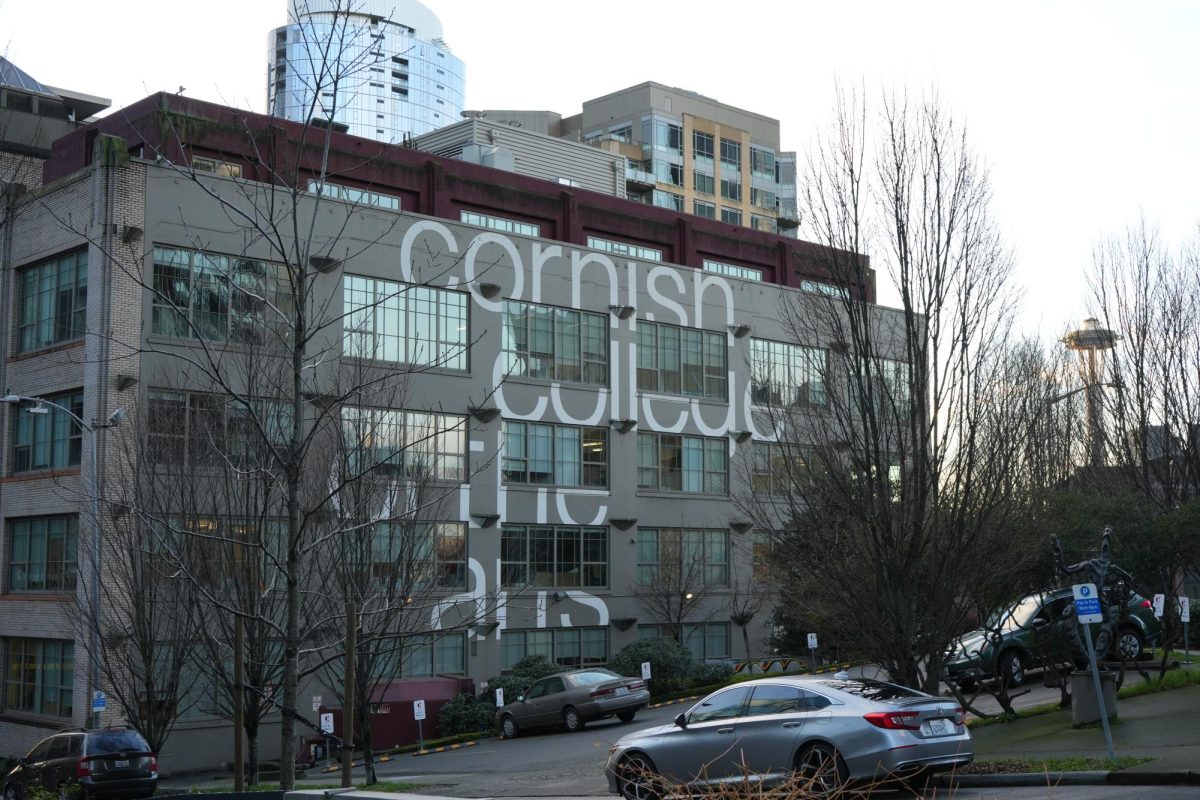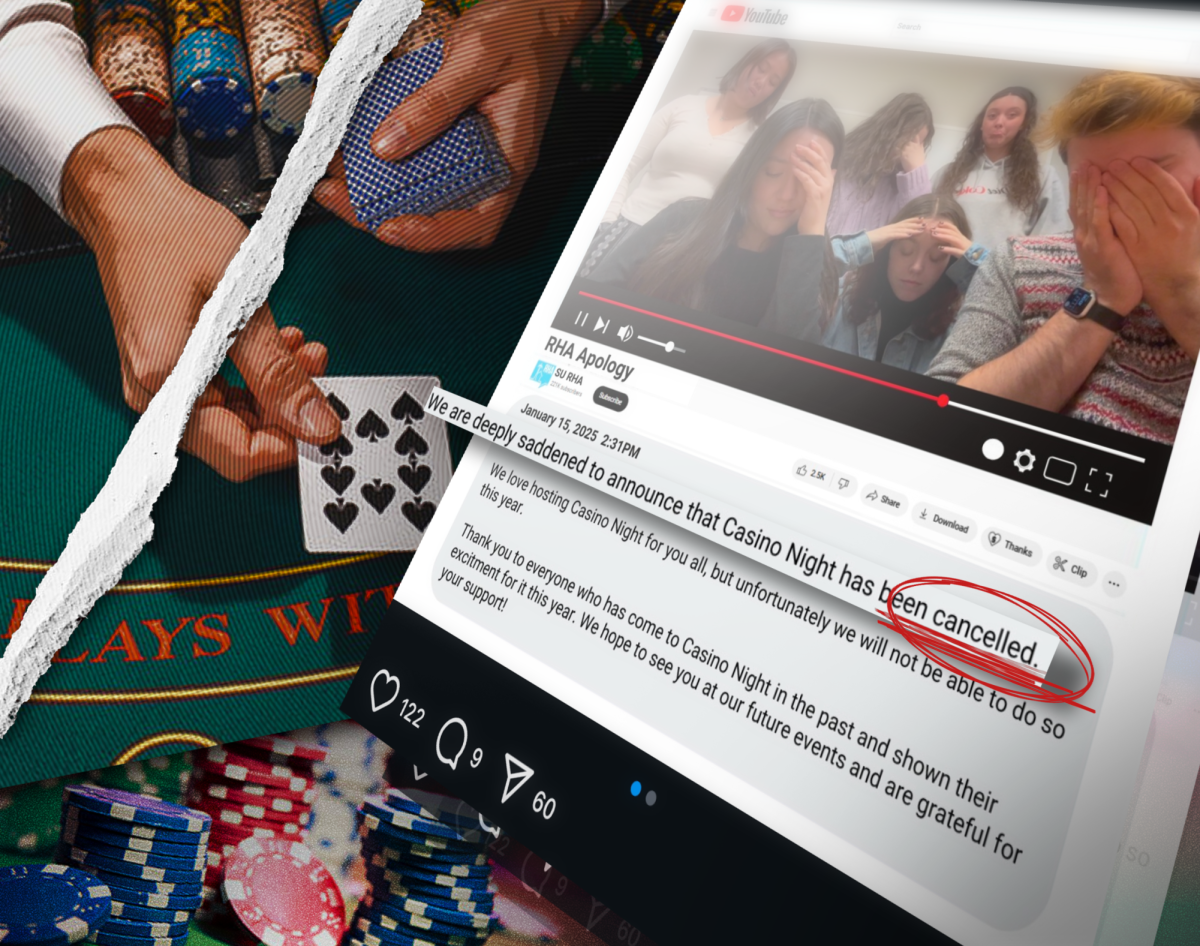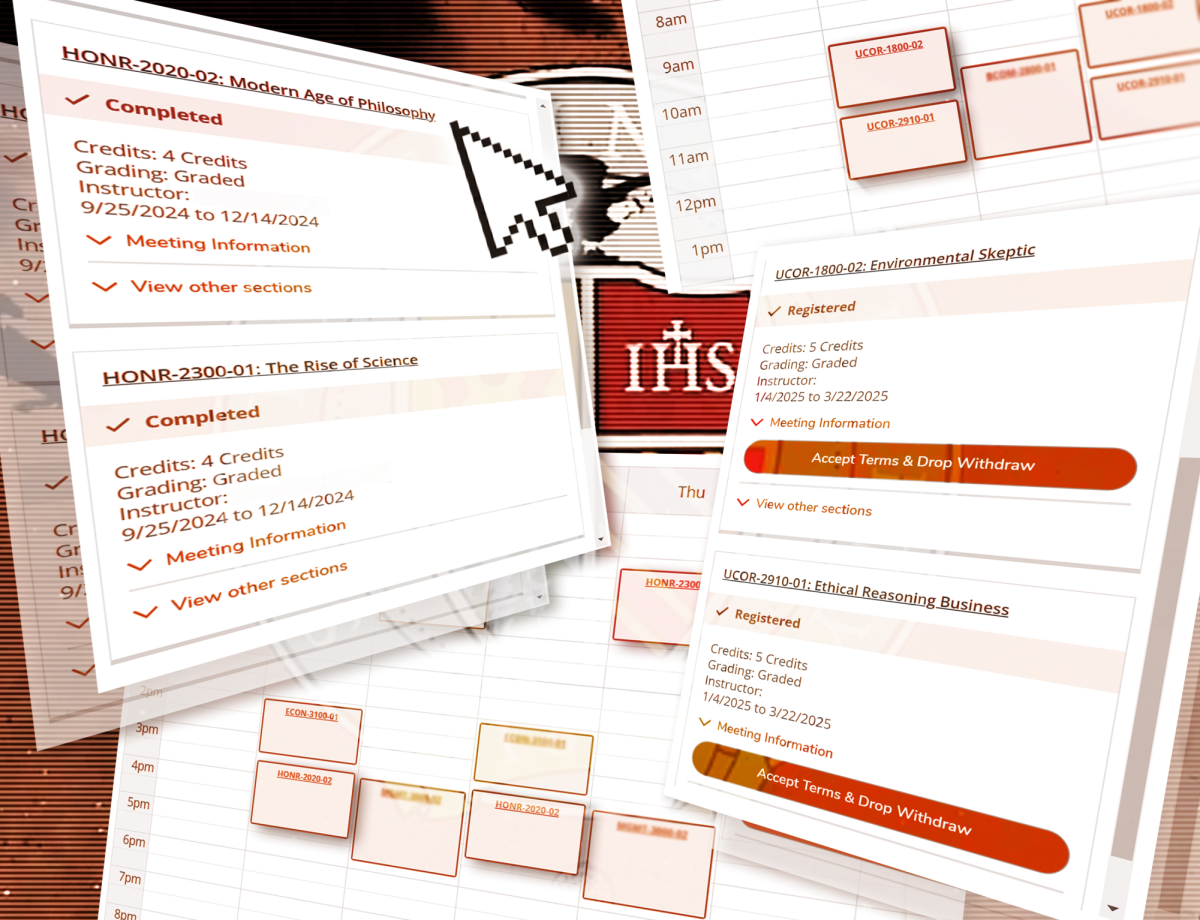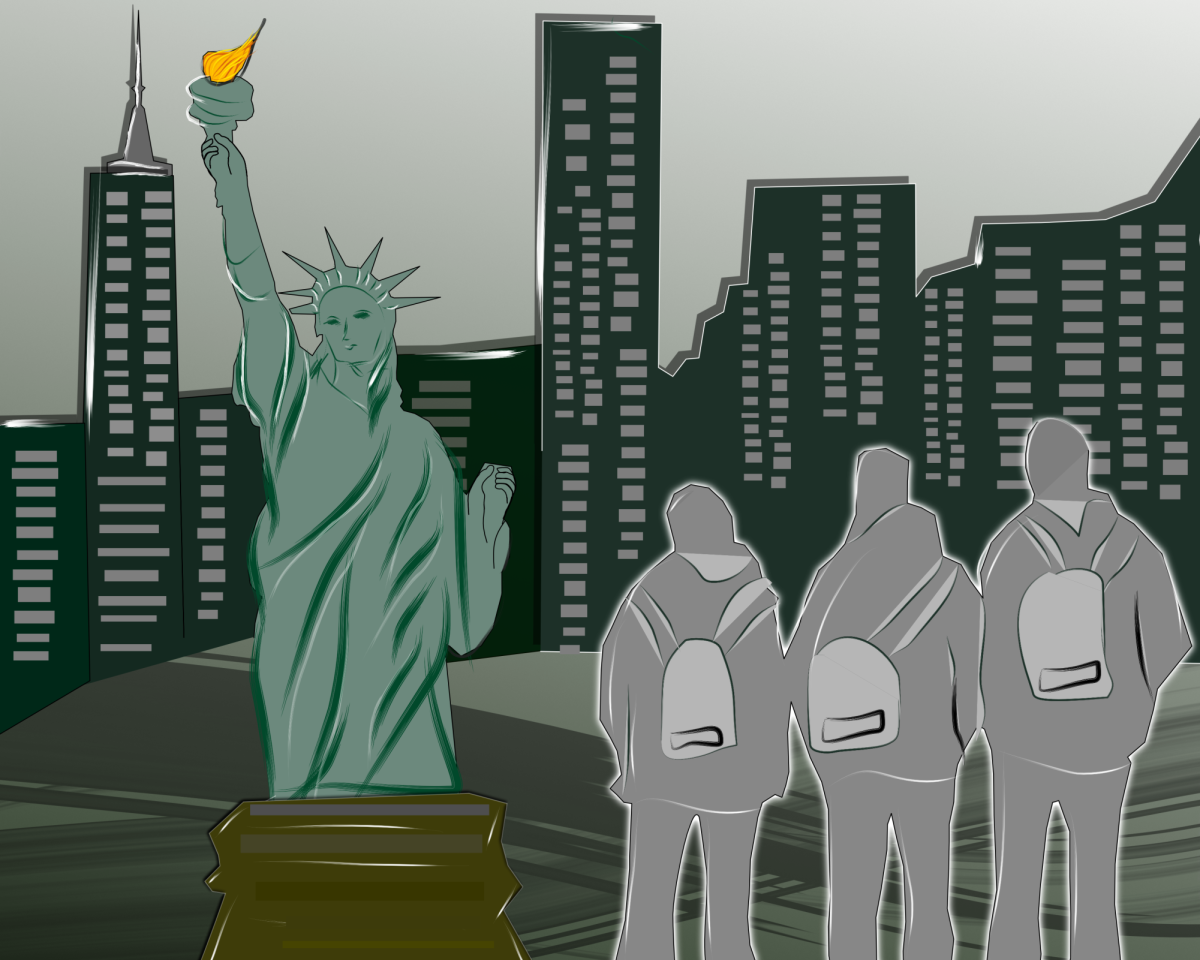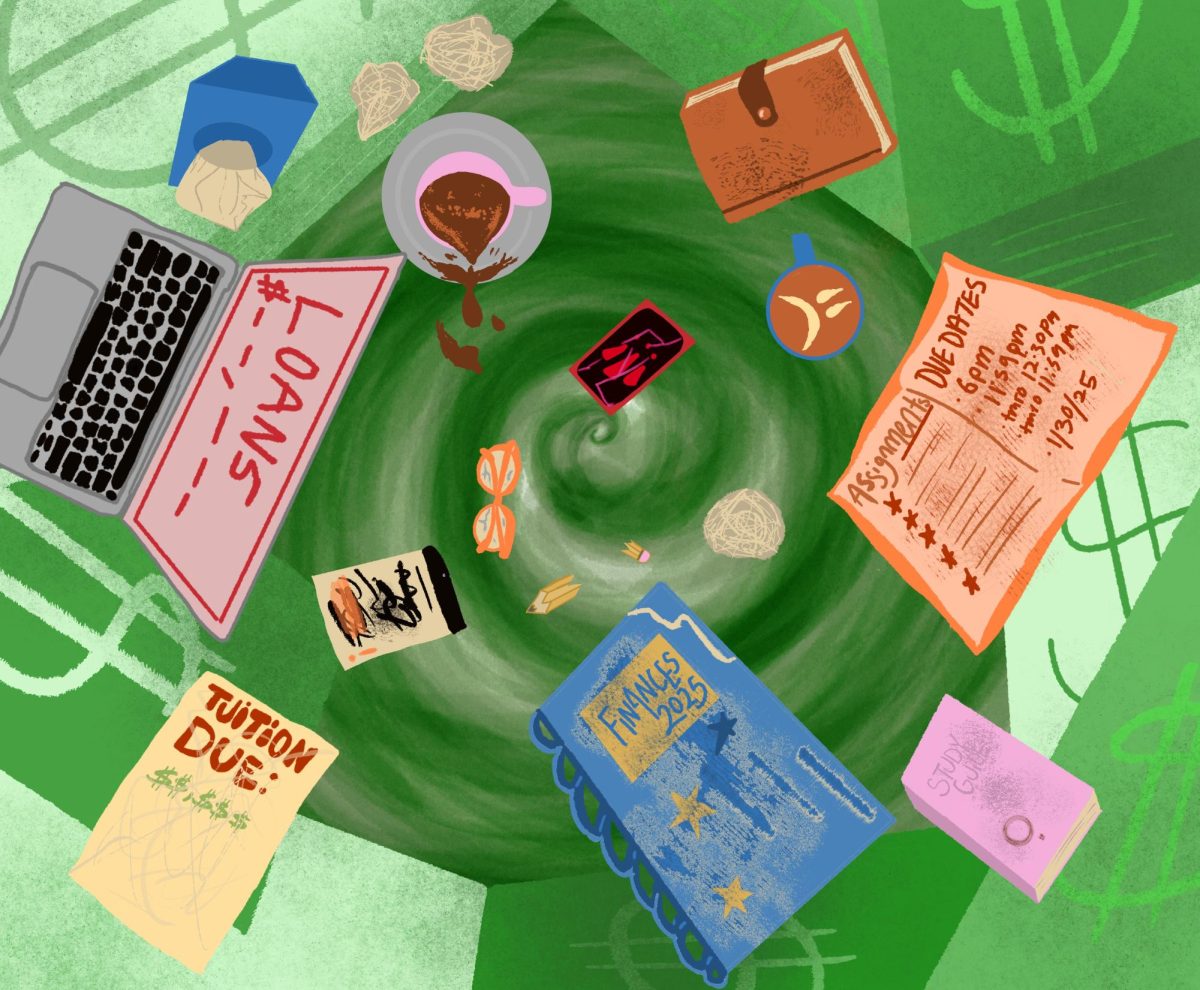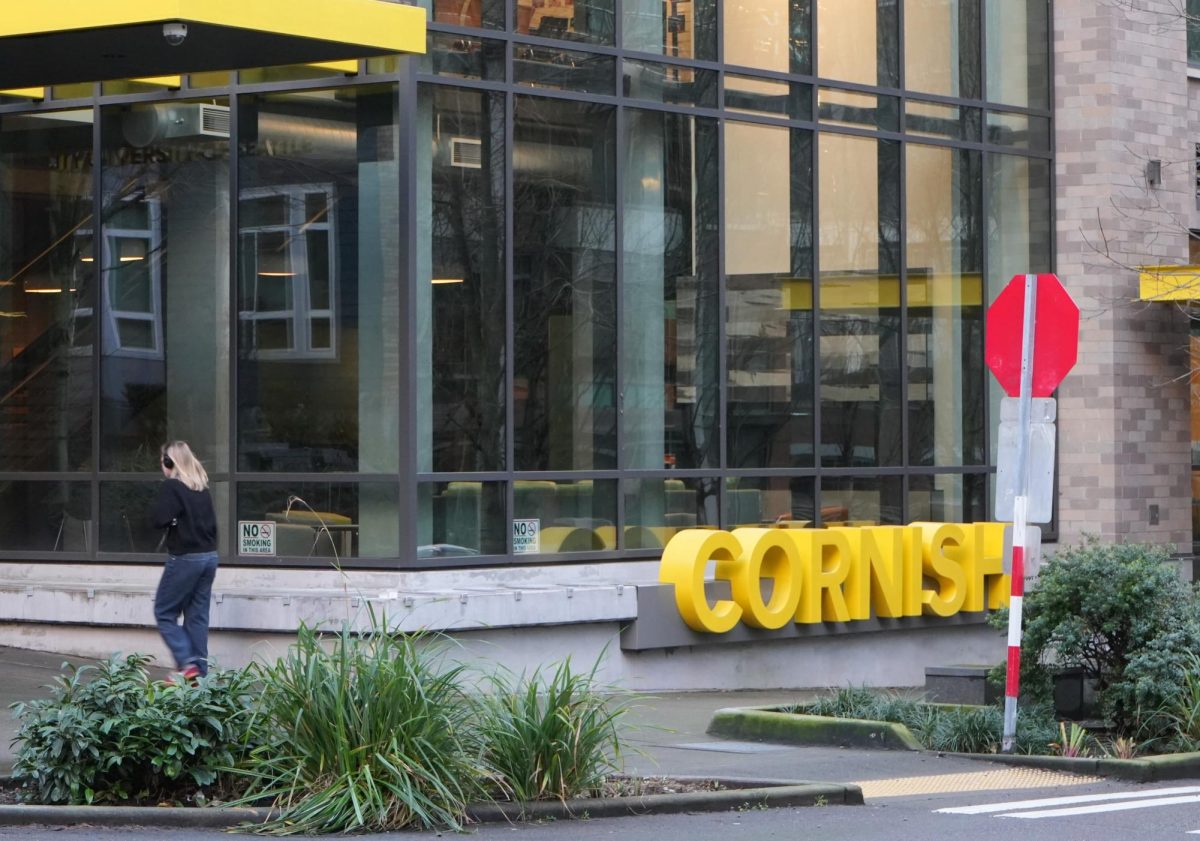As the northern hemisphere begins the slow crawl toward spring, Seattle winter is holding on tight. So far, February has seen multiple instances of snow and ice placing much of the Puget Sound under a Cold Weather Advisory due to the freezing conditions. For some, the cold weather may be little more than a nuisance. However, for over 16,000 people in King County currently experiencing homelessness, winter can bring potentially deadly struggles.
Last year, a similar streak of cold weather led to the deaths of at least five homeless individuals in the Seattle area. While winters in the Pacific Northwest are often considered mild, they come with higher levels of rain and moisture than other parts of the country. This damp environment can increase the risk of hypothermia for those who do not have access to shelter during the night, when temperatures drop near or below freezing.
“You’ve got to stay dry, that’s really super important,” Jesara Schroeder, a Seattle resident who has experienced homelessness, said. “If your bedding all gets wet, it’s pretty horrible. Even if you try to dry it out the next day, it’s still cold. It’s really difficult to get dry bedding once your bedding has gotten wet.”
Schroeder became homeless in March 2020, initially living out of her car before moving to a tent city, a protected homeless encampment run by Seattle Housing and Resource Effort (SHARE) and Women’s Housing Equality and Enhancement League (WHEEL). She now lives in transitional housing, but has experienced the full range of Seattle weather while living outside.
“I know that people focus on cold weather and I totally understand that, but I want to point out that hot weather is actually getting really bad in Seattle,” Schroeder said. “Like, we had wildfires while I was living outside, and it wasn’t very helpful to hear them say to close your windows and stay indoors. We’re just literally out there breathing that air, and then it just gets so hot that until the sun goes down you can’t even get back in your tent.”
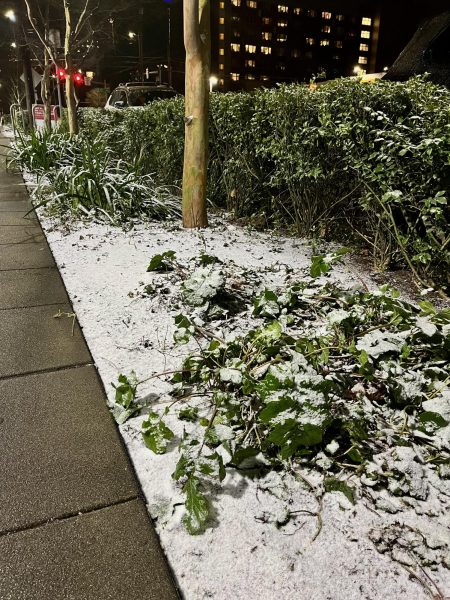

As rates of homelessness steadily increase, so do extreme temperatures as a result of climate change. Despite this known issue, Schroeder and other individuals seeking shelter often struggled to find resources that could keep them safe and help them find housing or job opportunities. Several shelters in the area only open their doors when the weather is considered “extreme,” making them unreliable for frequent use, while others have very few beds available and fill up quickly.
Many of the resources that do exist are community-built, like local nonprofit Community Lunch on Capitol Hill. Operating out of All Pilgrims Christian Church only a mile away from Seattle University, Community Lunch provides free breakfast and lunch every weekday to those in need.
“I got connected with Community Lunch a few years ago as a volunteer, and what really attracted me about this organization was there were no questions asked. People didn’t have to bring their ID, if you wanted to leave with 10 meals, great. If you wanted to leave with 15 coffees, cool,” Emily Pfaff, the executive director, said. “We don’t ask questions, you just get what you need. We’ve never missed a meal. Rain, shine, craziness, whatever is going on, and we don’t plan on it.”
Suzanne Fry has been volunteering for Community Lunch for over a decade. Over that time, she’s watched the space grow from providing lunch just twice a week to a small handful of visitors to a large-scale operation providing hundreds of meals every day.
“I think it’s really great for people to not only come in and have a hot meal with dessert and coffee, but also to be able to sit with other people and chat,” Fry said.
In addition to meals, Community Lunch accepts and distributes donations of all kinds including furniture and self care items. The open space allows visitors to mingle during lunch time, chatting at cafeteria-style tables or borrowing a book to read from a shelf near the entrance. This is also where larger donations are kept, giving visitors the opportunity to “shop” for things they may need. The organization’s goal is to create a comfortable, safe, need-based community space, welcoming individuals from all backgrounds. This diversity is reflected by the staff and volunteers, many of whom are women and LGBTQ+ folks.
“I have a very diverse staff, which is one of the coolest things about us. All ethnicities, all backgrounds, all genders, all whatever. It’s supposed to be a community lunch, we’re supposed to be a staple for the community,” Pfaff said. “What’s really cool about here is, since we have everybody from all different backgrounds, it really shows the people that come through here that we are very open and accepting.”
This diversity gives staff the opportunity to form deeper connections with people who use the space, as they may see themselves reflected in the people who work there.
“It’s really all different types of folks coming through,” Staff Member Rose McMurray said. “There definitely are some folks that you know, come through and that can be a little bit difficult. But there’s a lot of folks that you get to see every day, and even people who have a little bit of difficulty when they first start coming in, a lot of the time you get to know them a little bit better and a little bit better and then people start to see it as a community space, and you get to kind of interact with people and get to know people in a really nice way.”
The increase in need for shelter and warmth during the winter months has been noticed by Community Lunch staff, as folks who may not have access to all-day shelters gravitate towards the temporary shelter provided at mealtimes.
“It’s definitely gotten busier starting with the holidays,” Maya Taylor, the head of Community Lunch’s kitchen, said. “Especially because we open our doors, people tend to want to stay inside as much as possible. Sometimes we notice that when the elements are really bad that it does slow down because I think people would rather just not leave at all and just conserve as much as they can.”
Though organizations like Community Lunch provide much-needed resources for the homeless, they remain limited by the donations they receive and their limited hours of operation. Because of this, Schroeder emphasized the need for official day centers for those experiencing homelessness.
“The Seattle Public Libraries are unofficially day centers for the homeless, which is great, but they’re not designed for that,” Schroeder said. “The libraries are awesome, and I don’t want to downplay the work they do, but they’re set up to be libraries which is what they should be. They’ve actually taken on some stuff with homeless folks, but it really isn’t their job. An actual day center has restrooms, it has laundry, it has showers, it often has case managers so people can help you figure out what little housing there is in Seattle and how to get access to that.”
Having access to more resources like day centers and community kitchens would benefit not just homeless folks, but much wider populations, McMurray explained. This is one of the biggest misconceptions about organizations like Community Lunch.
“People view this work as specifically ‘serving the poor’ or ‘serving the homeless,’ which I think fundamentally regards it as helping a community that isn’t yours or helping outside of your community, which is really othering,” McMurray said. “The fact is that a lot of people have homes, and a lot of people who come in here as guests are just folks that have retired and want some community and time to hang out with people. The biggest misconception, at least in my eyes, is the fact that this isn’t here to help a different community, this is to help each other and this is to help us.”
Schroeder echoed these sentiments, emphasizing the importance of recognizing those experiencing homelessness as individuals rather than a faceless mass.
“Homeless people are your neighbors. There are college students right now who are homeless, you know, I have a master’s degree and I ended up being homeless,” Schroeder said. “There’s this perception of homeless people as not being the same as you. We are the same as you, you have neighbors who are homeless.”
Organizations like Community Lunch rely on help from the community to operate successfully.
“Volunteering is a huge foundational aspect of our work. We’re unable to really remain open most days without the hours and the time that our volunteers put in,” Taylor said.
Community Lunch accepts volunteer applications as well as donations both monetary and physical. Some of the most helpful items to donate in the wintertime are socks, hand warmers, and hygiene products. Other local organizations in need of community support include WHEEL, the Washington Low Income Housing Alliance and Roots youth shelter.


